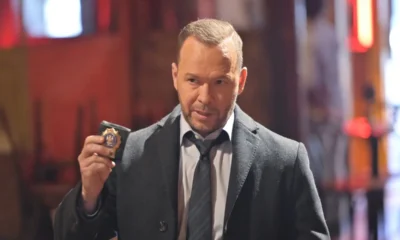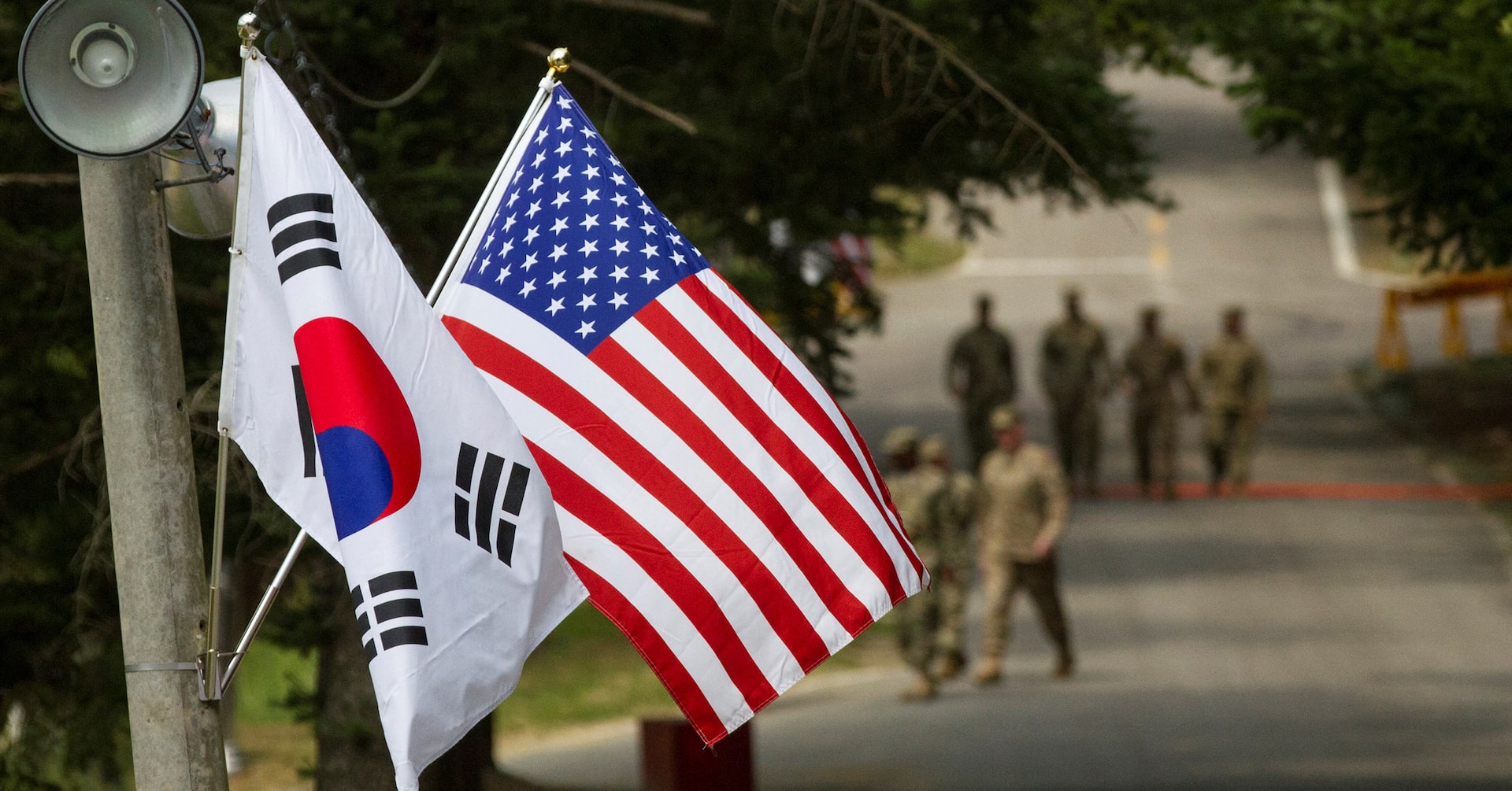News
Is Hollywood inspired by the CIA, or the other way around?
The CIA’s Connection to Hollywood Unveiled
CIA operators might not have the suave charm of James Bond, but the connection between the world’s most powerful intelligence agency and Hollywood is no secret. In a world where fiction and reality often blur, this relationship raises intriguing questions about influence, inspiration, and the thin line between entertainment and espionage.
What’s Happening?
A recent investigation reveals a fascinating exchange of expertise between the CIA and Hollywood. The agency has long consulted with filmmakers, while former operatives often transition into entertainment careers.
Where Is It Happening?
This dynamic unfolds primarily in Los Angeles, home to Hollywood, and at CIA headquarters in Langley, Virginia.
When Did It Take Place?
The relationship dates back decades, with notable collaborations in the 1990s and a surge in recent years.
How Is It Unfolding?
– The CIA’s Entertainment Liaison Office reviews scripts, offering technical advice.
– Former CIA officers write books, produce films, and act as consultants.
– Movie studios seek authenticity, while the CIA aims to shape its public image.
– This exchange has led to debates about propaganda and the glorification of espionage.
Quick Breakdown
– The CIA has consulted on hit shows like “Homeland” and films like “Argo.”
– Former officers often transition into careers as screenwriters or producers.
– The agency’s involvement ranges from technical advice to story shaping.
– Critics argue this relationship blurs the lines between entertainment and state propaganda.
Key Takeaways
The CIA’s relationship with Hollywood is a complex dance of influence and inspiration. The agency seeks to shape its public image and counter misinformation, while filmmakers crave authenticity. This dynamic raises questions about freedom of expression, the ethics of propaganda, and the depiction of intelligence work on screen. The thin line between reality and fiction becomes even thinner as former operatives bring their real-life experiences to Hollywood, and Hollywood in turn influences public perception of the intelligence community. It’s a relationship that will undoubtedly continue to evolve, shape popular culture, and fuel debates about the intersection of entertainment and espionage.
The line between realism and dramatization can be a thin one, and it’s crucial that we’re transparent about the agency’s involvement in entertainment.
– David S. Price, CIA’s Entertainment Liaison Officer
Final Thought
The CIA-Hollywood connection is a testament to the power of storytelling and the human fascination with espionage. As this relationship continues to evolve, it’s essential to foster transparency, maintain ethical boundaries, and preserve the integrity of both intelligence work and artistic expression. After all, the ultimate desire is not to blur the lines between reality and fiction, but to engage and enlighten audiences about the complexities of the intelligence community.



















